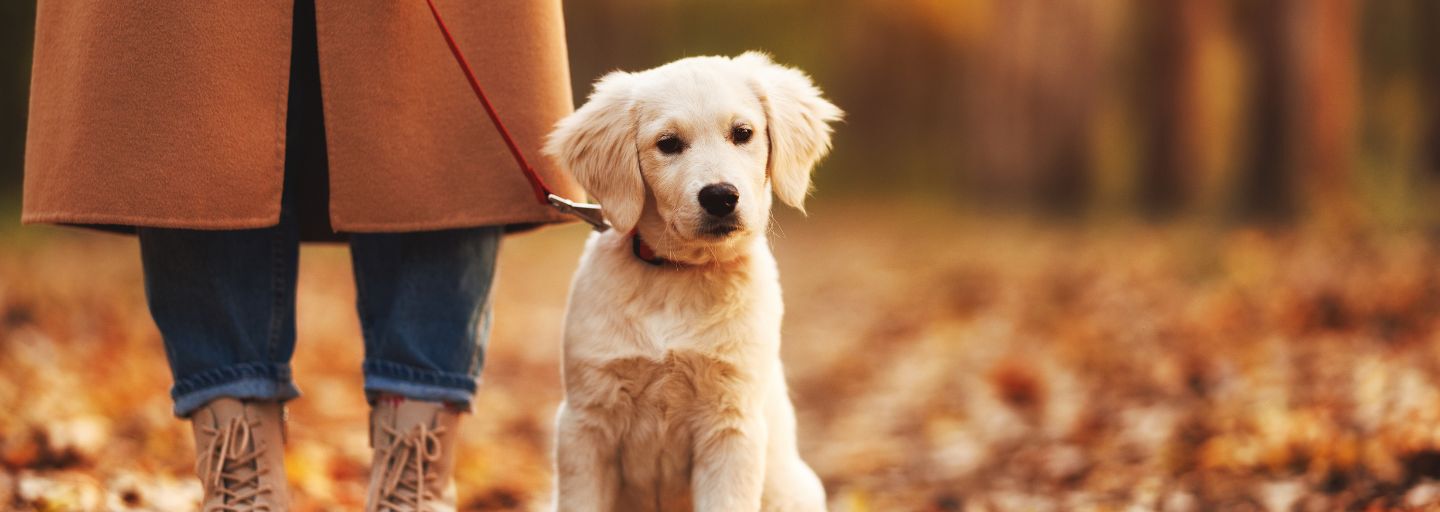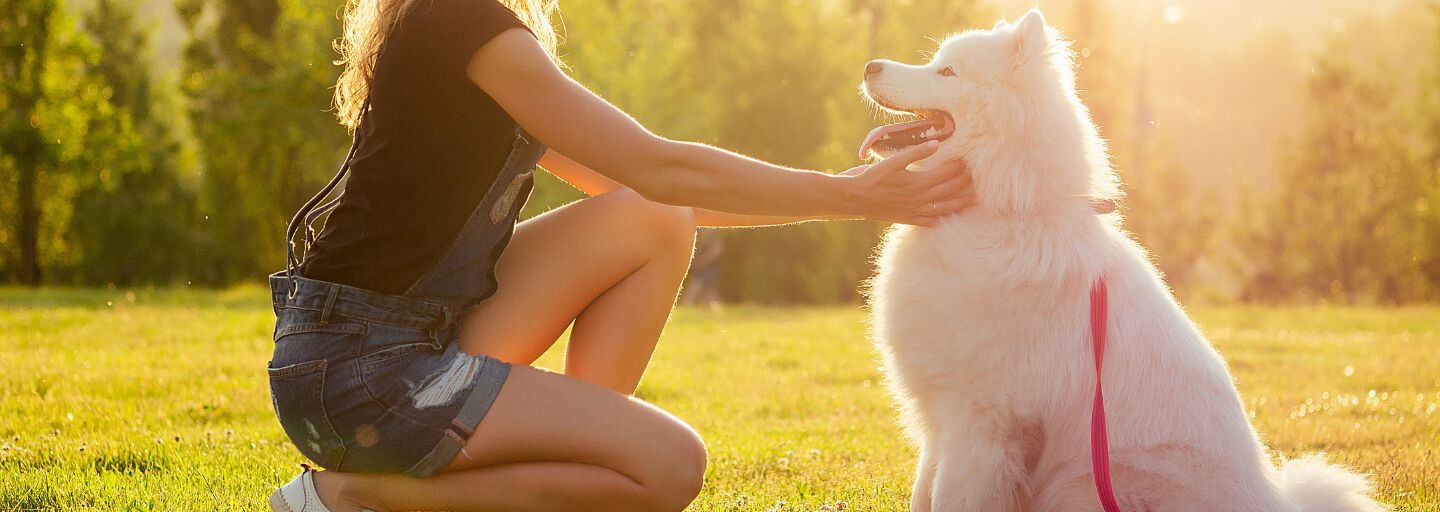If having a sense of humor means the ability to make others laugh, then it's safe to say that many of our canine companions possess this wonderful trait. The joy and humorous antics displayed by dogs are among the primary reasons why we love living with them.
While puppies are especially playful, most dogs retain their playful nature throughout their lives, even as they grow older. Some dogs seem to be naturally inclined to have fun and view every interaction as an opportunity for playtime.
However, dogs do vary in their personalities, with some being more serious than others. Breeds like Bloodhounds, Bassett Hounds, Rottweilers, and Chihuahuas are often considered less playful, although exceptions exist. On the other hand, Airedale Terriers, Golden Retrievers, Poodles, and Miniature Schnauzers are known for their playful tendencies.
It's All in Good Fun
Some argue that dogs' humorous behavior is simply a form of attention-seeking. In a way, this may hold some truth, as dogs tend to repeat behaviors for which they receive attention. However, it's important to be mindful of rewarding behaviors that may have negative consequences for dogs. For example, tail chasing may seem amusing at first, but it can develop into an obsessive-compulsive disorder that is challenging to treat. Only reward behaviors that are beneficial for your dog.
The Cheeky Side of Dogs
Dogs are known to be resourceful in looking after their own needs. Some dogs have been observed engaging in extremely cheeky behavior, deliberately distracting others from their intended purposes. In multi-dog households, when owners offer food treats, certain dogs may create a diversion by running towards the door barking. As the other dogs rush to investigate, the cunning instigator quickly returns to claim all the treats!
While we cannot definitively prove that dogs have a sense of humor, here are some signs of their playful nature:
The Wagging Tail: A wagging tail is often associated with happiness and excitement. It's a clear sign that a dog is looking forward to a walk or playtime. However, be aware of stiff or waving tails, as they can indicate assertiveness rather than playfulness.
The Playbow: When a dog wants to initiate play, they may perform a playbow, lowering their front end while keeping their hind end up. It's an invitation to play or a signal that their lively behavior is all in good fun.
The "Smile": Many dog owners are convinced that their dogs smile. Dogs have the ability to pull back their lips, revealing their pearly white molars. While it may resemble a smile, this gesture is thought to be more of a submissive signal, indicating that there is nothing to worry about. It is commonly observed in Dalmatians and some other breeds. Dogs often display this behavior when their owners return home, much to their owners' delight.
The "Laugh": During playtime, dogs often appear to grin, smile, and even "laugh." Their mouths will be open, and they may pant in a way that resembles a quiet laugh. If your dog is friendly and enjoys playing with you, try getting down on the floor and performing a playbow while panting like your dog. Your dog is likely to join in or at least "laugh" along with you!
The Full Repertoire: When a dog is unsure of what you're asking them to do but is motivated to receive a reward, they may display a whole range of behaviors. It can be entertaining to watch as dogs roll over, shake hands, beg, and attempt various playful activities and tricks in their pursuit of the desired outcome.
Playful Offers: Many dogs will bring toys or a ball and drop them at their owner's feet, signaling their desire to play. While this can sometimes become a bit obsessive, for most dogs, it's a way of expressing their enjoyment of interacting with us.
The Underwear Thief: Whether as an attention-seeking behavior or a self-soothing gesture when alone, many dogs have been known to pilfer items that belong to their owners. It's not uncommon for a dog to run through the house with their owner's underwear, causing distress to the owner. While the dog may find it amusing, the owner might not share the sentiment!
The "Madhour": Like young children, dogs can experience bursts of pent-up energy that are eventually released in a flurry of activity, almost like a "madhour." During this time, the dog may zoom around the house or yard, possibly knocking over objects or swerving to avoid them. You can almost see the grin on their faces.
If your dog tends to get overly enthusiastic during playtime, encourage appropriate play when it's suitable, but also practice methods to help calm them down when you need them to be less energetic. Commands like "Finish" or a simple "Sit" may do the trick. Remember to reward them for exhibiting calm behavior.
Enjoy and appreciate your dog's playful nature. Playtime is vital for dogs, and a sense of humor is a valuable trait for owners to cultivate.







